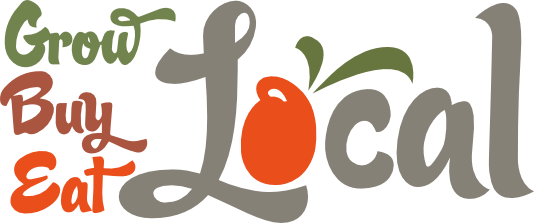|
Home
::
|
Seasonal Eating
Just a word
Local Farm Box will never dream of patronising its public by ramming home messages on what should and should not be eaten. We assume our customers are an intelligent bunch, and would probably make good eating decisions based on sound and factual information.
To that end, here is a brief introduction on the importance of getting back to seasonal eating.
The times are changing
Can you remember a time when we only bought swedes in winter or enjoyed strawberries when Wimbledon was on? These days you can buy nearly everything at any time of the year, but it comes at a price.
Eating food out of season means it travels further, is stored for longer and doesn't always taste great. Eating seasonal food means that food travels fewer miles, is stored for less time and does not require intensive agriculture.
We also think that strawberries or raspberries from Spain out of the British season are bland, whereas home-grown strawberries in season are delicious. Not only are fruit and vegetables fresher and better for our health when they are produced at the 'right' time of year, but they are also cheaper as well.
We think that having foods at only certain times of year is exciting. That’s one of the big appeals of receiving a regular seasonal Local Farm Box – you know the contents of your box are sourced from the local farmers in the area. We eagerly await locally grown asparagus in the spring, celebrate the lettuce varieties grown on the sandy soils of The Great Field in early summer and take pleasure in eating the first apples of the autumn. Wouldn't it be less of a treat if we had Christmas pudding and hot cross buns all year round?
We are realists however, and will source vegetables and fruits that cannot be grown in our region because of growing and climatic conditions. Some of these will be transported by road from other regions of the UK and mainland Europe. Some of the more exotic fruits
– like pineapples and bananas - will be shipped to our shores. We want to offer a complete range for our customers.
Why eat fruit and veg?
The Bottom line
It's hard to argue with the health benefits of a diet rich in vegetables and fruits:
• Lower blood pressure;
• Reduced risk of heart disease, stroke, and probably some cancers;
• Lower risk of eye and digestive problems;
• A mellowing effect on blood sugar that can help keep appetite in check.
The 5 daily portions of fruit and vegetables should be seen as a guide only, and a minimum requirement. Harvard School of Nutritional Health recommends we should be aiming for more like 9 portions (potatoes don’t count!). Variety of kind and colour of produce is important in order to give your body the mix of nutrients it needs.
Best bets? Dark leafy greens, cooked tomatoes, and anything that's a rich yellow, orange, or red colour.
Source: Harvard School of Nutritional Health
5 quick tips
1. Keep fruit out where you can see it
That way you'll be more likely to eat it. Keep it out on the kitchen top or in the front of the fridge.
2. Get some every meal, every day
Try filling half your plate with vegetables at each meal. Serving up salads, stir fry, or other vegetable-rich fare makes it easier to reach this goal. Bonus points if you can get some fruits and vegetables at snack time, too. Snacking with fruit during the day is a good plan.
3. Try something new
Variety is the key to a healthy diet. Get out of a rut and try some new fruits and vegetables.
4. There's more to life than the potato!
Choose other vegetables that are packed with more nutrients and more slowly digested carbs.
5. Make it a meal
Try some new recipes where vegetables take centre stage. We will always aim to include a recipe in with your Local Farm Box order - hopefully to give inspiration.

